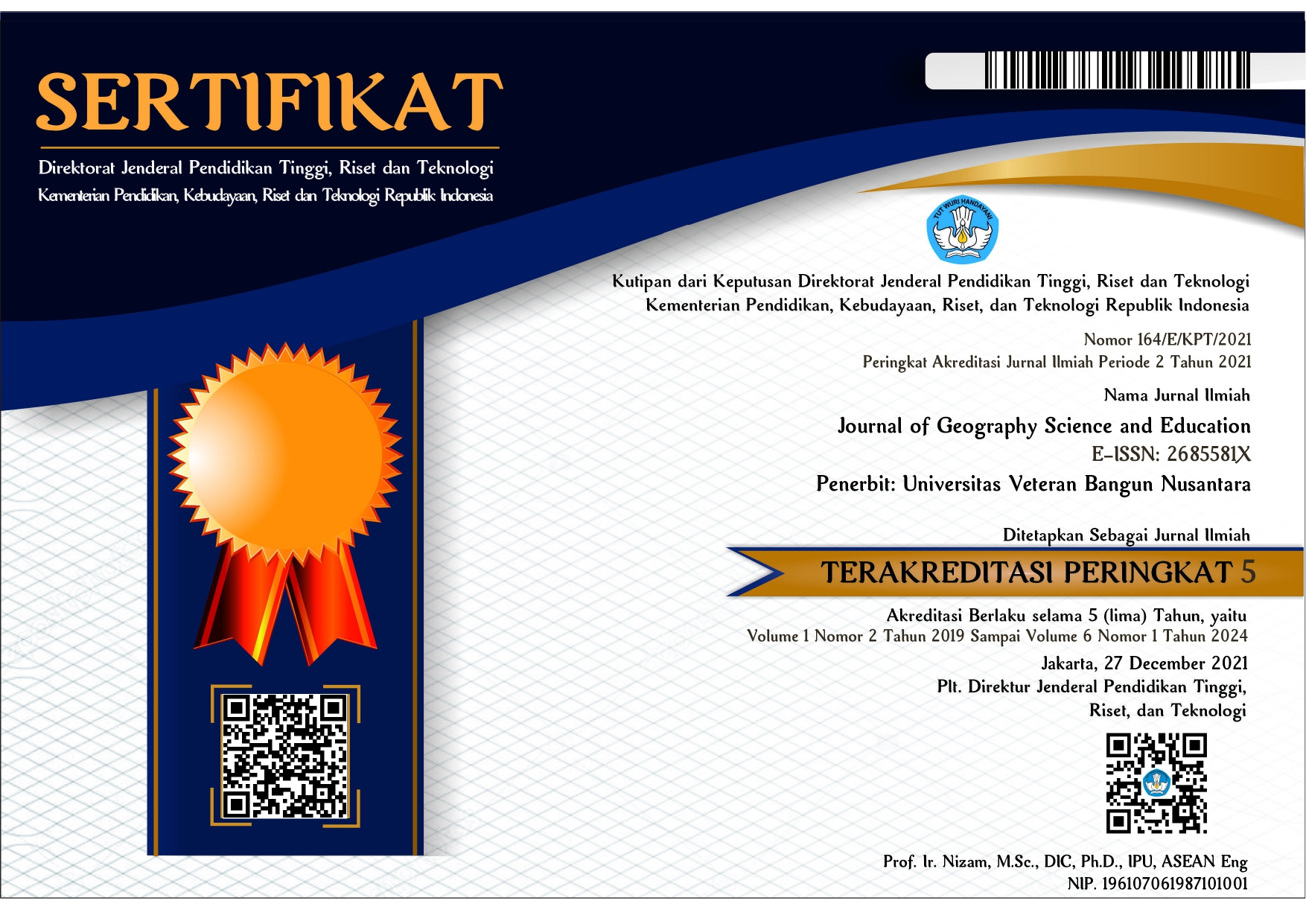G-Form as a for Collecting Student Assignments during Online Learning
DOI:
https://doi.org/10.32585/jgse.v3i2.2059Keywords:
g-form_1 student assignments _2 online learning _3Abstract
The Covid-19 pandemic has caused changes in all aspects of life, one of which is the education system. Changes in the education system make it difficult for students to receive material because learning that is usually done conventionally turns into distance learning or is done online. Its implementation cannot be separated from the use of information technology. So that students and teachers are required to be able to operate all online learning media such as Google Classroom, Google Forms, Google Meet. In online assignments, students have obstacles in terms of collecting online-based assignments, but students are required to collect evidence of work results to school so that it has an impact on the assessment and grades of student assignments. The purpose of this article is to solve the problem of collecting student assignments during online learning. This study uses a descriptive qualitative method by paying attention to the collection of student assignments during online learning through the G-Form (Google Form). Based on the results of the study, it can be concluded that using the g-form as a solution in collecting online learning assignments at SMA Negeri 1 Nguter Sukoharjo.
Downloads
References
Anugrahana Andri. 2020. Barriers, Solutions and Expectations: Online Learning During the Covid-19 Pandemic Period By Elementary School Teachers. Scholaria: Journal of Education and Culture. 10(3):282-289.
Bekti Mulatsih. special edition of COVID-19 pandemic KBM. Application of Google Classroom, Google Form, and Quizizz Applications in Chemistry Learning during the Covid-19 Pandemic. Teacher's Idea: Journal of Teacher's Scientific Work. 5 (1).
Ngafifah Siti. 2020. Use of Google Forms in Improving the Effectiveness of Evaluation of Siwwa's Online Learning during the Covid19 Period at Baitul Muslim Qay Jepara IT Elementary School. As-Sallam I. IX (2):123-144.
Setyaningrum Annisa Ayu. 2021. Improving the Quality of Online Learning during the Covid-19 Pandemic Using Social Media Groups Whatsapp and Youtube. Journal of Education. 7(2):520-526.
Suprapmanto, J and Utomo. 2021. Analysis of Online Learning Problems during Covid 19 pandemic and its solutions. Belandika Journal. 3(2):15-19.
Downloads
Published
How to Cite
Issue
Section
License
Authors who publish with the Journal of Geography Science and Education agree to the following terms:
- Authors retain copyright and grant the journal the right of first publication with the work simultaneously licensed under a Creative Commons Attribution License (CC BY-SA 4.0) that allows others to share the work with an acknowledgment of the work's authorship and initial publication in this journal.
- Authors are able to enter into separate, additional contractual arrangements for the non-exclusive distribution of the journal's published version of the work (e.g., post it to an institutional repository or publish it in a book), with an acknowledgment of its initial publication in this journal.
- Authors are permitted and encouraged to post their work online (e.g., in institutional repositories or on their website) prior to and during the submission process, as it can lead to productive exchanges, as well as earlier and greater citation of published work.










